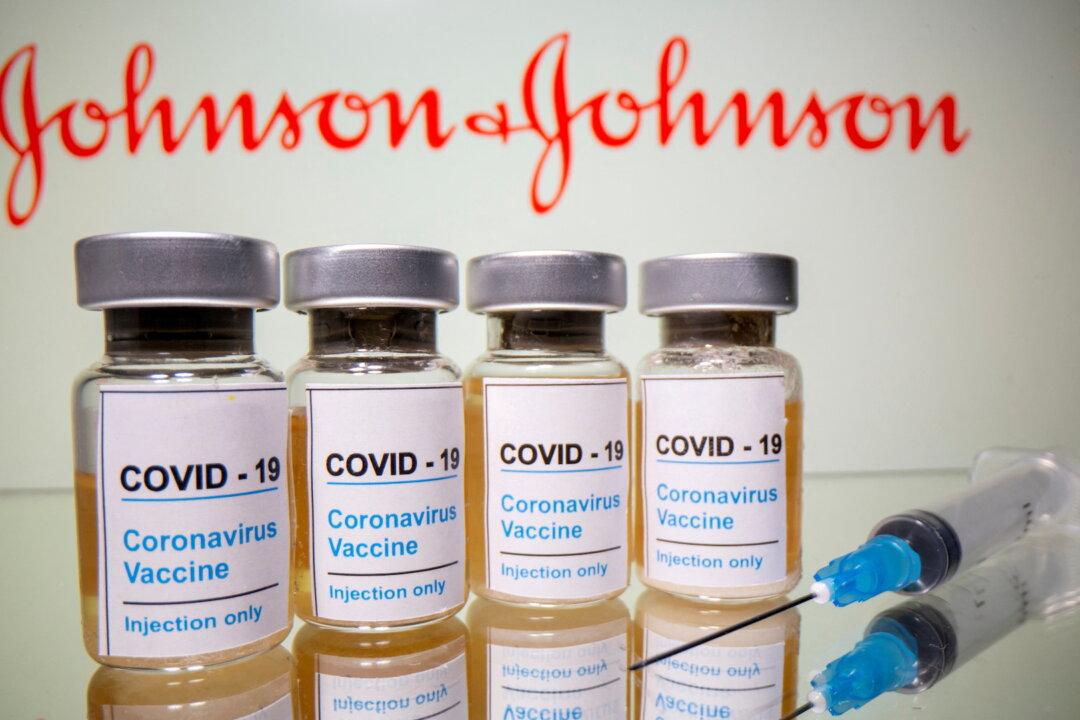The European Union’s drug regulator on Dec. 15 concluded that a Johnson & Johnson (J&J) COVID-19 booster dose may be considered for people who are 18 and older at least two months after their initial shot.
The European Medicines Agency (EMA) said in a statement that the recommendation by the agency’s human medicines committee follows data it reviewed showing that a second dose of the one-dose vaccine led to a rise in antibodies against the CCP (Chinese Communist Party) virus, which causes the disease COVID-19.





